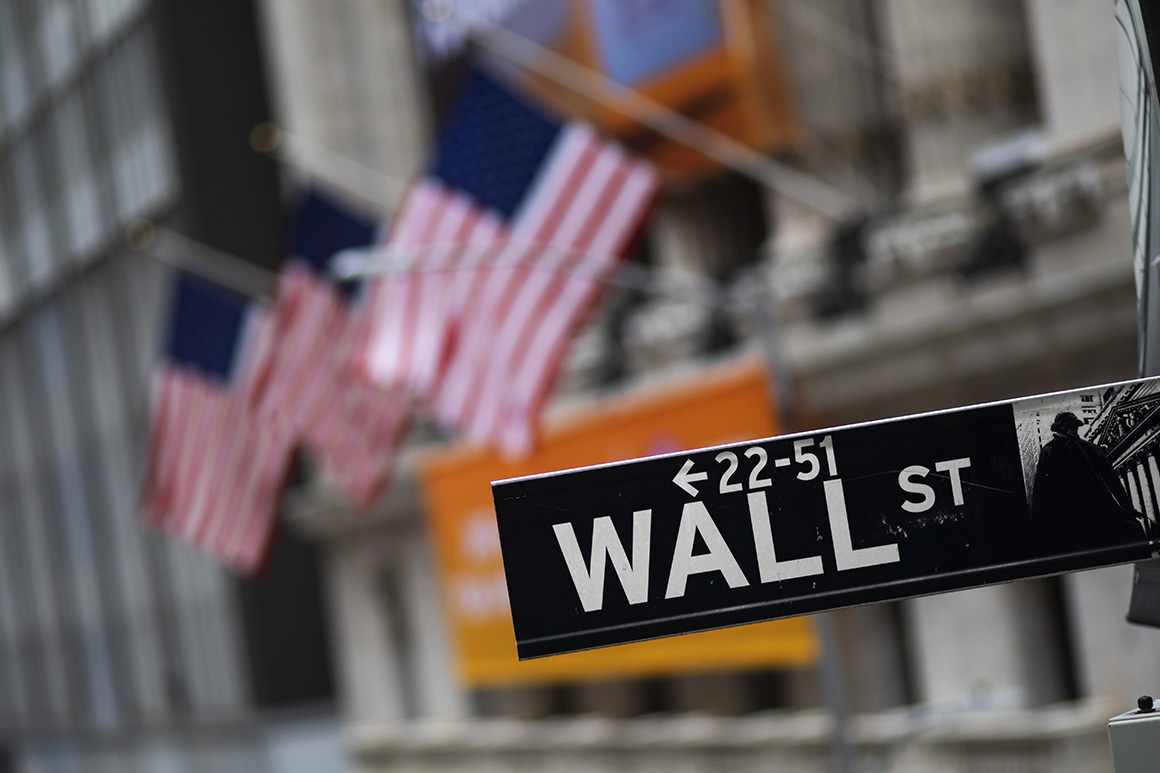
“The longer it takes, the deeper the ongoing slowdown will be,” said Pantheon Macroeconomics Chief Economist Ian Shepherdson. “Fed data shows that 40% of US households would not be able to come up with $400 for an emergency expense and data from 2019 shows that 53% of US households don’t have any emergency savings.”
The word “depression” is seeping into more and more financial forecasts, as economists abandon earlier hopes that the virus spread could be halted by April and workers could go back to their jobs and shoppers back into stores.
“At this point, the most optimistic outcome for the domestic economy appears to be a temporary dip into negative akin to the contraction of 2001 with the worst case being a prolonged depression-like scenario similar to that experienced in 1929,” Stifel Chief Economist Lindsey M. Piegza said in a note on Monday.
The darkening scenarios have kicked off debates both in Washington and in Europe about how long economies can afford to remain in lockdown.
Tough decisions are ahead on the potential cost in lives of reopening America more quickly versus the cost to the economy and general human well-being of keeping people stuck in their homes for weeks or months to come. Economists note that prolonged recessions and certainly a depression would also cost lives and widespread misery.
“We cannot let the cure be worse than the problem itself,” Trump said at a press briefing Monday evening, repeating what he wrote on Twitter shortly before midnight on Sunday. “At the end of the 15-day period, we will make a decision as to which way we want to go, where we want to go, the timing.”
Trump again expressed frustration with the economic downturn and pledged to revisit all the current stay-at-home orders. “The hardship will end. It will end soon. Normal life will return, and our economy will rebound very, very strongly,” he said.
But few economists now believe that even the giant rescue package working its way through Washington will do enough to offset damage that’s already been done to the U.S. economy — a cost that’s mounting by the day.
“Disruption will take the form of a depression-like set of shocks that will require a significant intervention by the federal government into economic and social life for the foreseeable future,” RSM Chief Economist Joe Brusuelas wrote on Monday. The latest moves by the Fed and other government institutions “are just the latest in a series of actions that are likely to continue throughout this year and likely next in response to the global public health emergency caused by the Covid-19 virus.”
Source: politico.com
See more here: news365.stream






